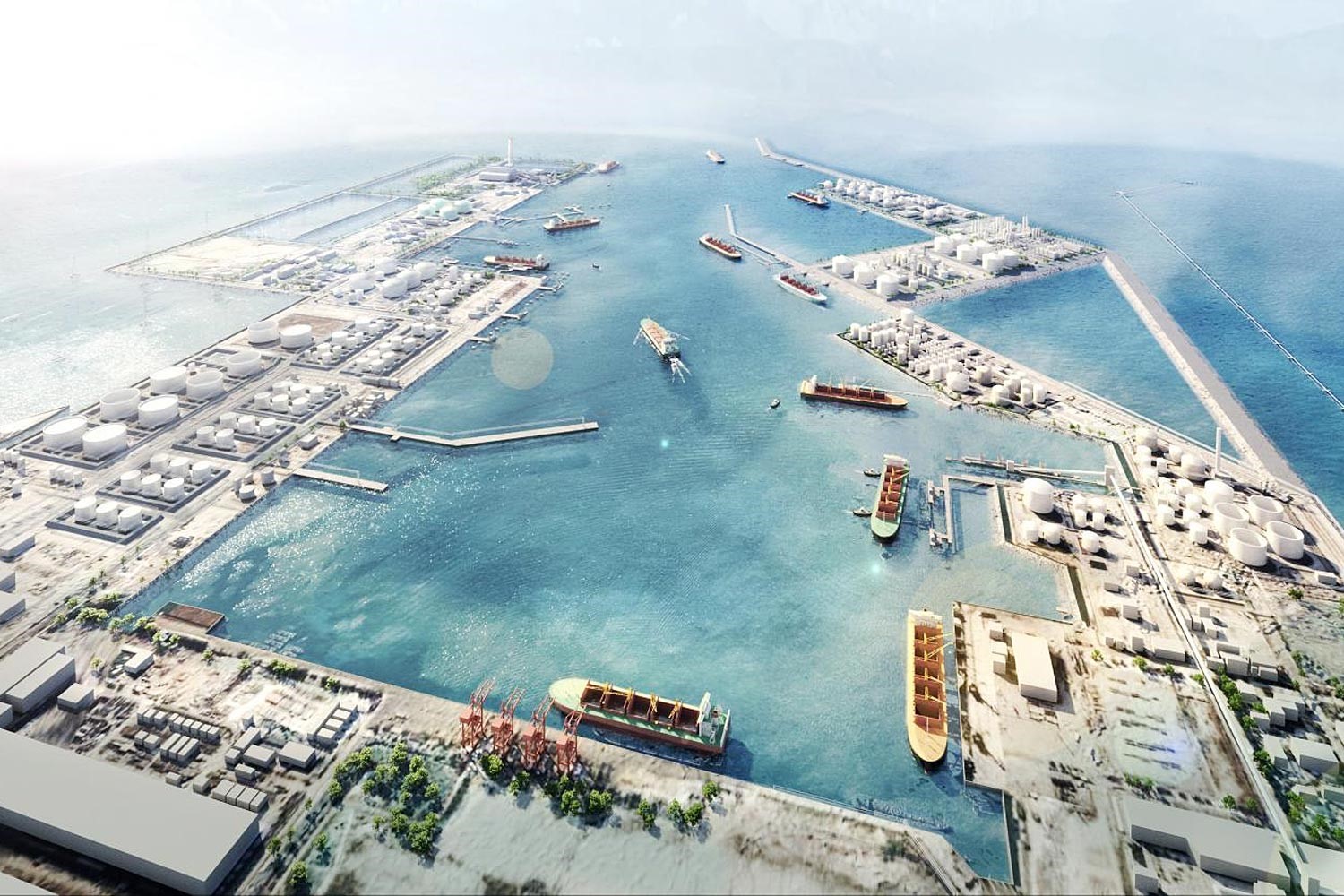

In a strategic move towards fostering eco-friendly manufacturing, the Industrial Estate Authority of Thailand (IEAT) has collaborated with Japanese giants IHI Corporation and IHI Asia Pacific (Thailand) Co. The focus lies on the Smart Park Industrial Estate in Rayong, emphasising the imperative need for green infrastructure and renewable energy in the pursuit of a sustainable industrial landscape.

The IEAT, in alignment with global trends, is undertaking a one-year feasibility study, marking the initial phase of a groundbreaking project. As the European Union implements the Carbon Border Adjustment Mechanism (CBAM), encompassing aluminium among other sectors, the aluminium industry is at the precipice of transformative change. This mechanism aims to curtail carbon-intensive manufacturing, posing a paradigm shift for businesses operating in this sector.
Renewable energy and green infrastructure in aluminium manufacturing
Smart Park investors express a resounding demand for renewable power to fuel their manufacturing processes. The looming threat of non-tariff barriers, especially with the EU's CBAM in play, necessitates a fundamental reevaluation of operational strategies. The IEAT's ambitious goal to reduce greenhouse gas emissions by 40% within 2030 aligns seamlessly with the imperative for environmentally friendly practices in aluminium production.
Government initiatives and foreign investment in aluminium
Thailand's commitment to having 50% of electricity generation fueled by renewable energy aligns with the government's broader agenda of attracting foreign investment. The green utility project not only caters to the industry's immediate need for sustainable practices but also positions Thailand as an attractive destination for international investors eyeing environmentally responsible ventures.
Collaboration for a sustainable heavy metal industry
The collaboration between IEAT, IHI Corporation, and IHI Asia Pacific (Thailand) Co. is not merely a strategic move but a herald of a sustainable future for the heavy metal industry. This initiative not only protects businesses against potential trade hurdles but also places them at the forefront of a changing global industrial landscape. The aluminium industry, a cornerstone of heavy metal manufacturing, stands to gain significantly from this visionary partnership.
The Governor of IEAT, Mr Veeris, asserted: "Prospective investors at Smart Park want renewable power to fuel their manufacturing in line with the global trend for clean energy."
"Investors have asked the authority to develop renewable energy as it will protect them against this trade hurdle," he added.
As Thailand pioneers a green utility project in collaboration with its Japanese counterparts, the aluminium industry finds itself at the intersection of sustainability and innovation. This move is not just a response to regulatory challenges but a proactive step towards shaping an environmentally conscious future. The IEAT's dedication to reducing carbon emissions, coupled with the industry's responsiveness to global shifts, marks a promising era for the aluminium sector, reinforcing its commitment to creating a sustainable heavy metal industry.
If you wish to know in detail about the aluminium industry at large, please have a look at AL Circle's special report, Global Aluminium Industry Outlook 2024.
Responses








